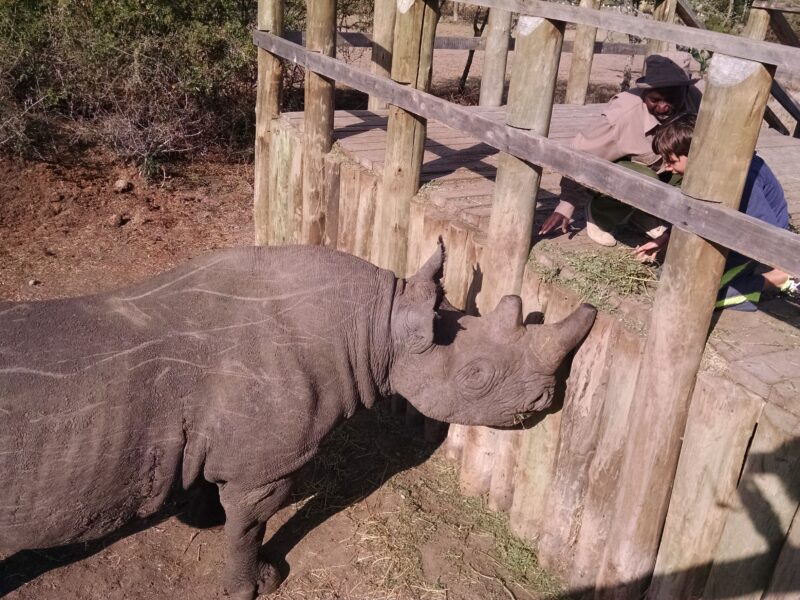

Happy Earth Day planet fans!
Let’s celebrate Earth Day, or what the movement Extinction Rebellion more aptly calls, “Earth Crisis Day,” by making one small change. Maybe you’re not renegotiating the U.N. Paris agreement or chaining yourself to a tree to stop logging in old growth forests, but today, right here and now, you can do one of these five things in order to drawdown carbon emissions and turn around this space ship we call Earth. These are mostly cheap and easy choices. Your pick:
Plastic bottles are incinerated into the air we breathe, buried in landfills, and dumped off ocean barges, always coming back to haunt us in the form of methane, carbon dioxide, toxic smoke and oceans of trash. “Single use” water bottles stick with us for about 450 years in the form of microplastic.
Bottled water is often less safe to drink than tap, even bottles with a picture of the Swiss Alps on the label. On a warm day, chemicals leaching into the bottle can cause cancer, development and fertility issues, and can lead to weight gain.
Summertime means free water bottles everywhere — beach parties, concerts, benefits, tennis tournaments … Get ahead of the temptation and invest in a sunlight-resistant, metal water bottle.
When I asked the Hampton Jitney’s Andrew Lynch about their bottle situation, he’d experimented with a lot of alternatives and concluded that the greenest solution was BYOB (“B” for bottle not beer). It’s up to us to just say no to freebies. Nobody will change their policy until we change how we hydrate.
Money: Stylish metal bottles are $32.95 at Provisions. Notoriously clean and safe Hamptons tap water is free.
Time: 16 seconds to fill up.
If planted by a house, tree shade reduces demand for air conditioning in the summer, and buffers against the cold winds in the winter, reducing heating costs. Trees provide nests for birds, food and shelter for all kinds of other critters, and are playmates for kids. Remember the evil neighbor with the glaring lights from my last column? Block them with a big bushy tree by your window.
Plus, let’s face it, trees just make you feel good. Didn’t the Buddha reach enlightenment under a tree?
If you can afford it, bigger is better. A spindly little Charlie Brown tree that takes 20 years to grow won’t do much for the near-term climate crisis. According to Alex Fellepa at Whitmore’s Tree Farm, “As the tree grows bigger, all the benefits grow exponentially.”
Money: Upfront cost can be high, but over time a tree saves money on A/C, heating and increasing your home’s value by up to 15 percent.
Time: 45-minute trip to a nearby tree nursery.
Factory farmed chickens are problematic. Chicken factories exploit workers, pollute rivers and emit large quantities of methane and CO2. The manure from these facilities contains toxic heavy metals, pesticide residues and bacteria that all enter local waterways and create toxic algae blooms.
Chickens roaming around pastures on a small farm are whole different animals. Local farms produce more environmentally friendly, ethically raised and healthier chickens. They’re also usually hormone and antibiotic free.
Buy your chicken whole and reduce huge amounts of shipping, processing and packaging related emissions. Then use more of it by making chicken stock.
Hamptons raised chickens lead a good life. They’re mostly free range and mostly organic. Iacono Farm in East Hampton, North Sea Farms in North Sea and Amber Waves in Amagansett offer well-raised chickens. On the North Fork visit 8 Hands Farm and Browder’s Birds.
Money: Because small farms don’t receive government subsidies, you may pay a little bit more.
Time: Save time with a cooked whole chicken from Provisions or Lil’ Birdie in Sag Harbor.
Keep your tires inflated and stop idling. The Department of Energy reports that cars generate around 30 million tons of CO2 every year just by idling. Despite a common misperception, it’s actually more fuel efficient to turn a car off and restart it, rather than keep it running. Follow the 10 second rule: if you stop for more than 10 seconds, turn the car off. Something to think about when you’re stuck at one of those East End lights that never seem to turn green.
When the tire pressure warning light comes on, don’t ignore it. Properly inflated tires increase fuel efficiency. Joe Frizell at Joe’s Garage in Southampton says, “One trick is to put about two pounds over the recommended amount of air for your car to get better fuel economy.”
The very best way to make your car more fuel efficient? Leave it in the driveway.
Money: With gas at well over $4.50, idling and low tire pressure are even more expensive.
Time: Negligible, except for the time it takes to form a new habit.
The most heartbreaking character in this film is the pangolin. This gentle armadillo-like species carries its pup draped over its back and curls up into a ball when it feels threatened. It’s also the most trafficked animal in the world due to specious claims about the medical properties of its scales.
The biggest threat to wildlife turns out not to be the elephant poacher working under the cover of night, but the consumer (i.e. me). In the U.S. the average person consumes seven times the resources they do in India. Biology professor Elizabeth Hadley of Stanford University sums it up, ‘Today, we are the asteroid causing many species to go extinct.”
OK, so maybe this isn’t the soporific nature documentary of yore, but it’s not one for doom-and-gloomsters either. It illustrates how we still have the ability to rein in the collapse of biodiversity. And it ends with the story of a Rwandan mountain gorilla named Poppy that is hugely inspirational.
Time: 53 minutes.
Money: $3.99 on Amazon Prime.
Some people argue that in the face of the existential threat of climate change, the little things don’t matter. They do. They all do. Only when everyday choices distract us from broader ways to lower CO2 emissions are they counterproductive.
We all still need to make sweeping changes in the way we consume, waste and engage with government and corporations. But today let’s start with one step in the right direction.
P.S. There are a lot things you probably already do that I’ve left out here. So please go online and share the little (and big) things that you do to make a difference.
 More Posts from Jenny Noble
More Posts from Jenny Noble